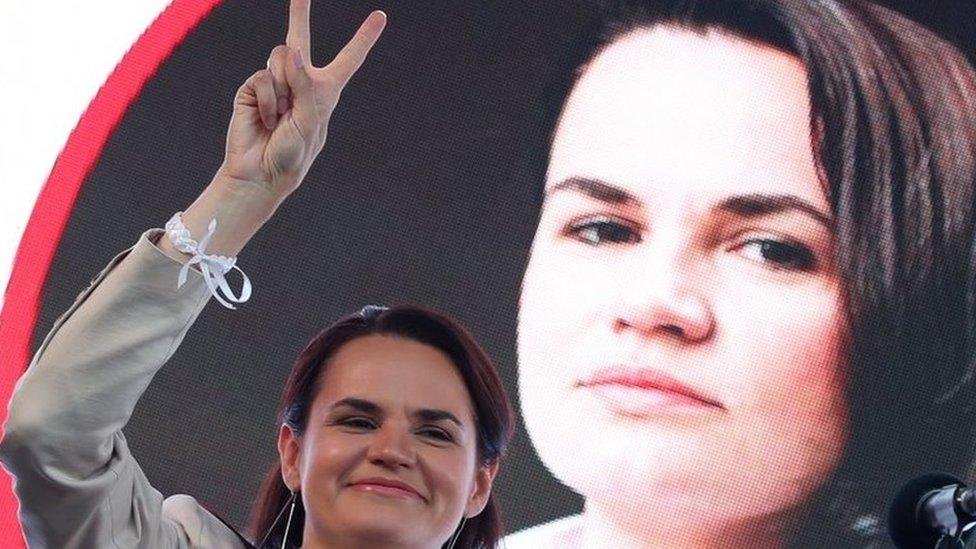Belarus protests: Maria Kolesnikova charged under security law
- Published
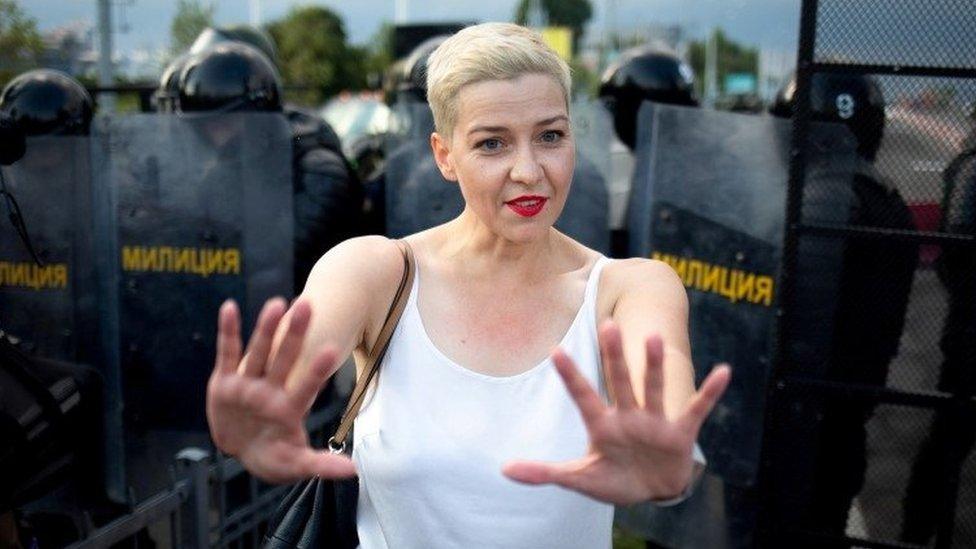
Ms Kolesnikova is said to have ripped up her passport when security officials tried to get her to leave the country
Belarusian protest organiser Maria Kolesnikova has been charged with incitement to undermine national security, officials say.
Three women have been leading a mass opposition movement, but she is the only one not to go into exile.
Ms Kolesnikova is said to have ripped up her passport when the authorities tried to expel her from the country.
For the last five Sundays, at least 100,000 people have protested over what was widely seen as a rigged election.
President Alexander Lukashenko claimed an overwhelming victory in the 9 August poll, but a brutal crackdown on initial protests against the result only fuelled popular anger.
Svetlana Tikhanovskaya, who stood against Mr Lukashenko as the opposition candidate, said she won the election. She was forced to flee to Lithuania shortly afterwards.
The third of the three women, Veronika Tsepkalo, has also left the country.
Mr Lukashenko has remained in power and is recognised by Russian President Vladimir Putin, who granted a $1.5bn (£1.2bn) loan after face-to-face talks between the two men on Monday.
Last week eyewitnesses saw Ms Kolesnikova, 38, being seized by masked men.
She was driven to the Ukrainian border with two other people, but she prevented officials forcibly expelling her by tearing up her passport and throwing it out of a car window, those who travelled with her said.
Ivan Kravtsov says Ms Kolesnikova tore her passport into pieces and then climbed through the rear car window
"It was stated that if I did not voluntarily leave the Republic of Belarus, I would be taken out anyway, alive or in bits. There were also threats to imprison me for up to 25 years," she said in a statement filed by her lawyer.
On Wednesday the Investigative Committee said in a statement that Ms Kolesnikova had been charged on Monday with calling for "actions aimed at undermining Belarusian national security" using the media and internet.
Meanwhile Ms Tikhanovskaya told the BBC that the opposition was ready to talk to Russia about their attempts to unseat Mr Lukashenko.
She said she regretted President Putin's decision to back Mr Lukashenko, whom she said was a dictator.
- Published7 September 2020
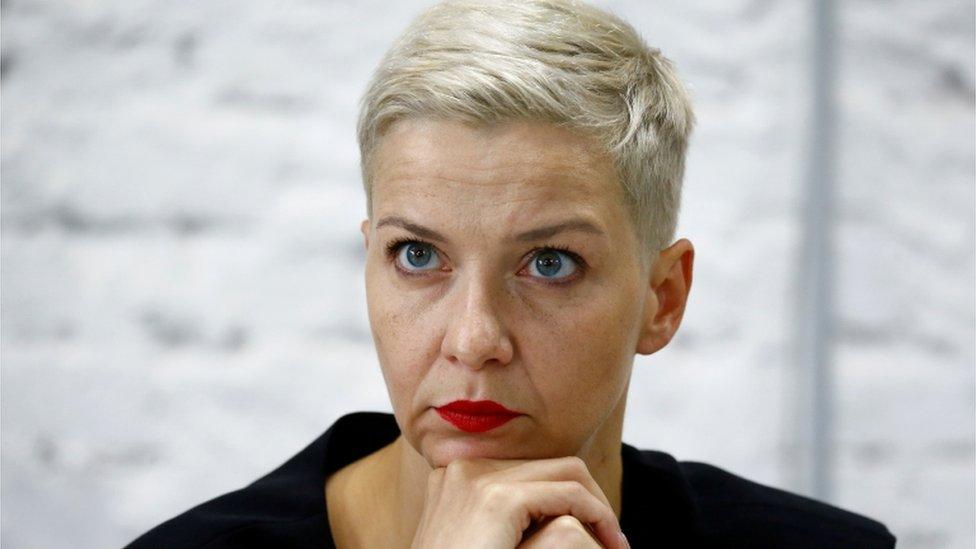
- Published10 September 2020
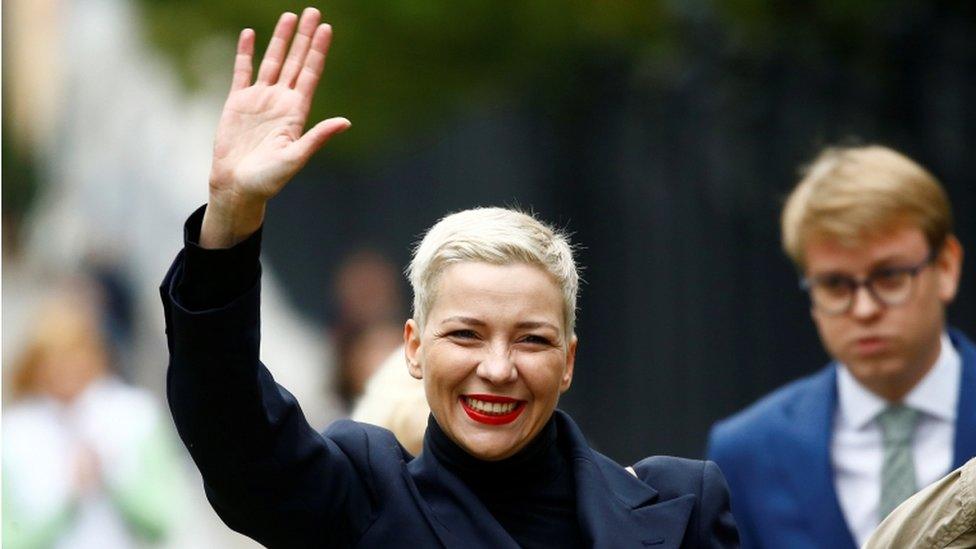
- Published13 September 2020
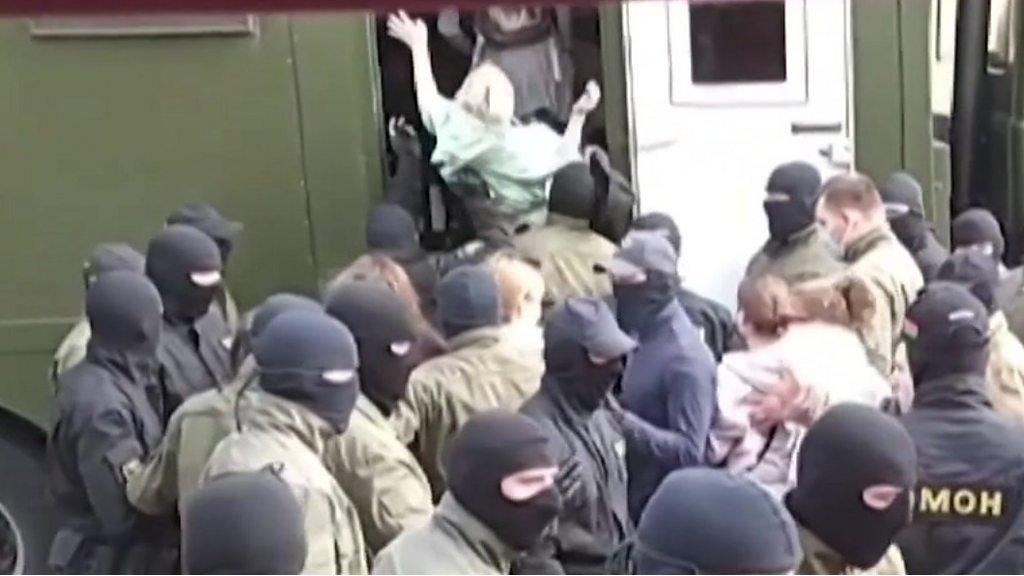
- Published13 September 2020
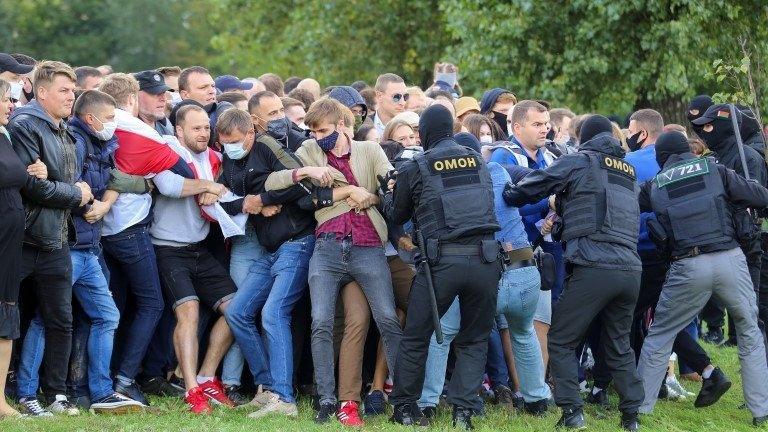
- Published11 September 2020
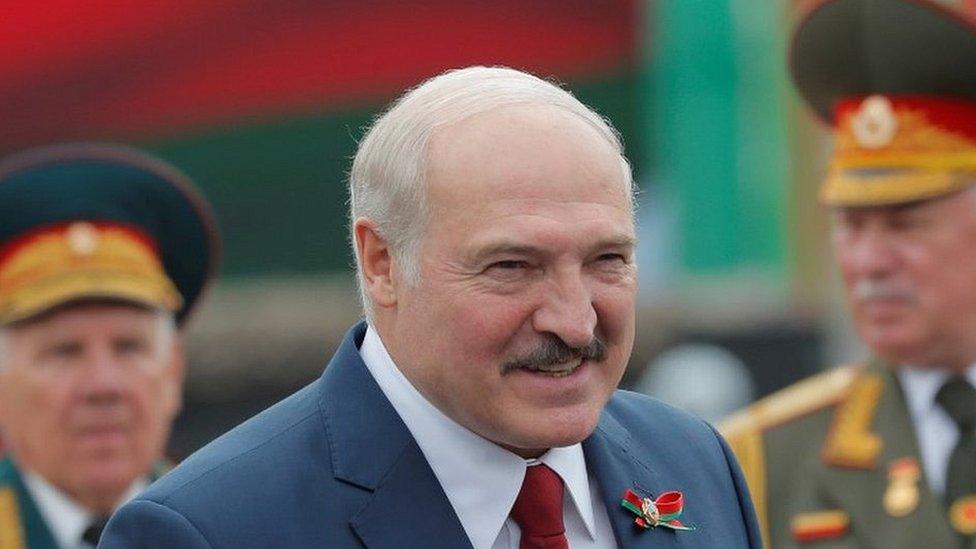
- Published1 August 2020
